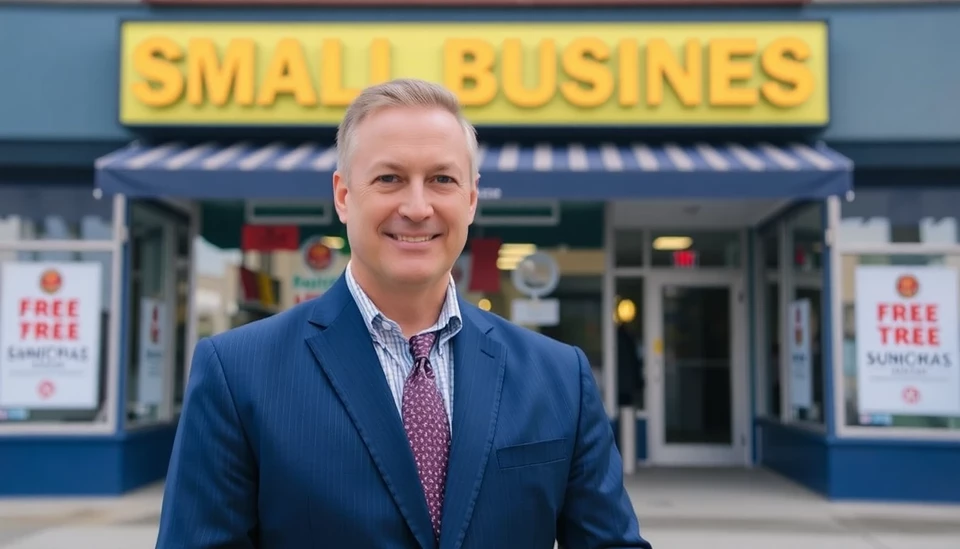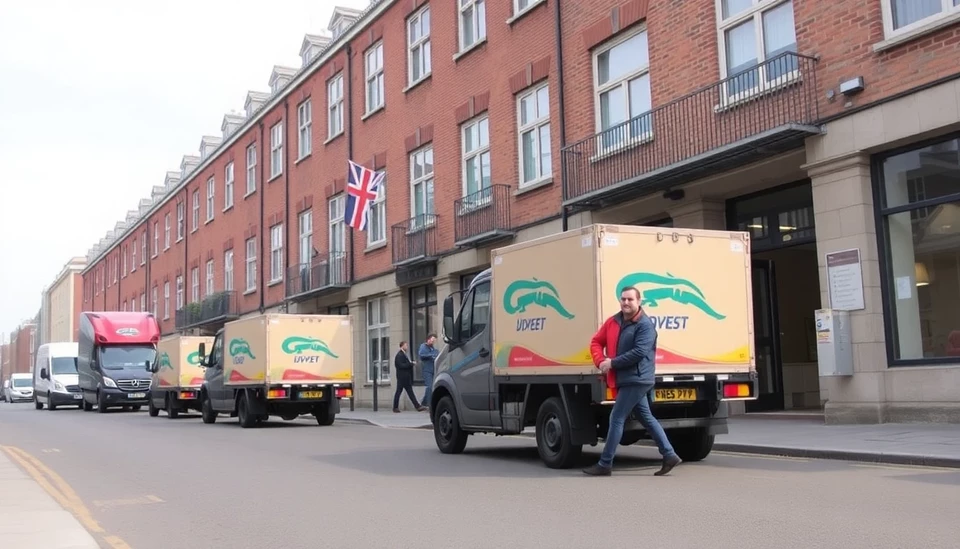
Recent data reveals a significant decline in optimism among small businesses in the United States, reflecting the most pronounced downturn recorded since mid-2022. The survey, conducted by the National Federation of Independent Business (NFIB), indicates that various economic pressures are weighing heavily on the sentiments of small business owners nationwide, which could have broader implications for the economy.
According to the NFIB's latest report, the Small Business Optimism Index has dropped to its lowest point since June 2022. This decline in optimism comes amidst ongoing concerns regarding inflation, labor shortages, and increasing interest rates, all of which contribute to uncertainty in the business landscape.
One of the primary drivers of this decline is the persistent inflation that small business owners are facing. With rising costs for materials and services, many report squeezing profit margins, which further dampens their outlook on future economic conditions. Small business owners are often tasked with absorbing these costs, which can hinder their ability to invest in growth or expand their workforce.
Additionally, the labor market remains exceptionally tight, complicating hiring efforts. According to the NFIB survey, many small businesses are struggling to find qualified candidates to fill open positions. This labor shortage contributes to the pessimism surrounding potential growth, as businesses are unable to meet customer demand effectively.
The survey also highlighted that more business owners are planning to raise prices in response to ongoing inflationary pressures, signaling a potential cycle where increased wages to attract employees could further fuel inflation. This creates a challenging paradox for small firms striving to remain competitive while grappling with rising operational costs.
In response to these challenges, a substantial number of small businesses are taking cautious steps, such as deferring expansion plans and being more conservative with their investment strategies. The shift in mindset reflects a broader concern about the overall economic environment and its potential impact on their individual operations.
As policymakers and economists continue to monitor these trends, the implications of dwindling small business optimism raise questions about the resilience of the U.S. economy. Small businesses play a vital role in job creation and economic activity, and their diminished outlook could signify a slowdown in these areas if conditions do not improve.
In conclusion, the latest NFIB report paints a sobering picture of the current state of small business optimism, drawing attention to the effects of inflation, labor shortages, and rising interest rates. Moving forward, it will be crucial for stakeholders to address these challenges to foster a more positive environment for small businesses to thrive.
#SmallBusiness #Optimism #EconomicTrends #Inflation #LaborMarket #NFIB
Author: Daniel Foster




